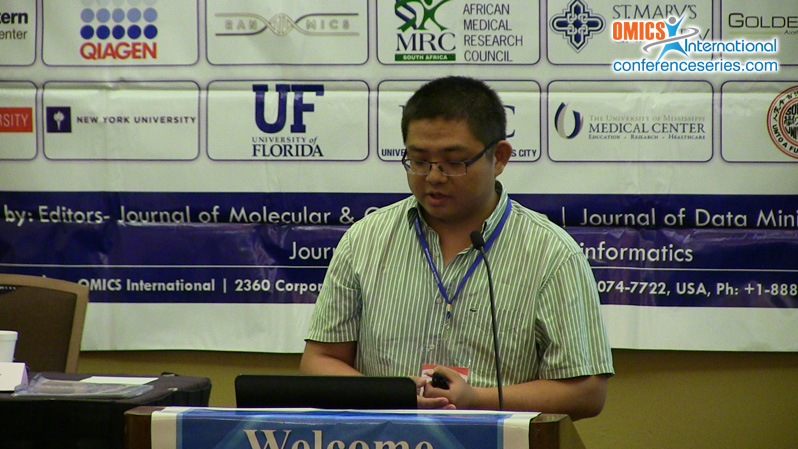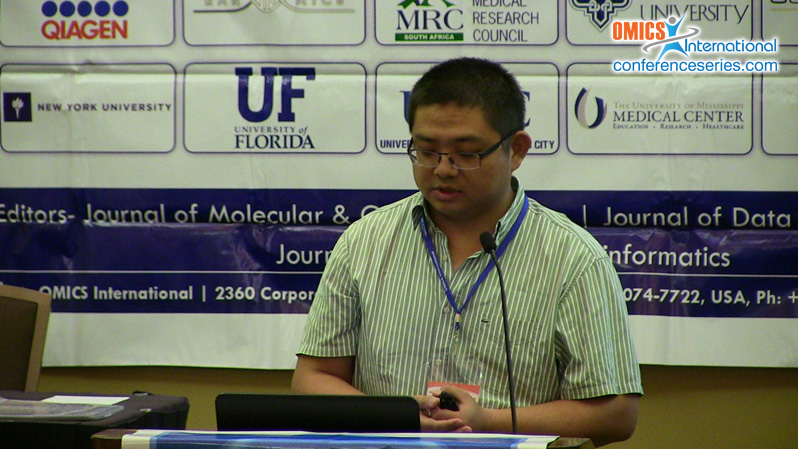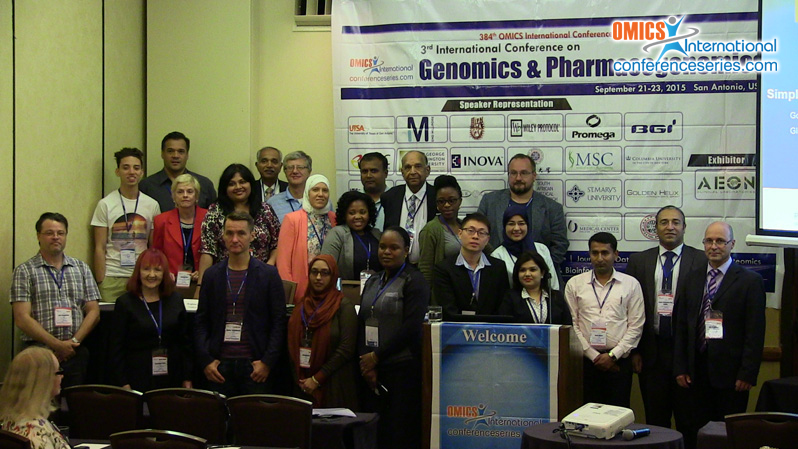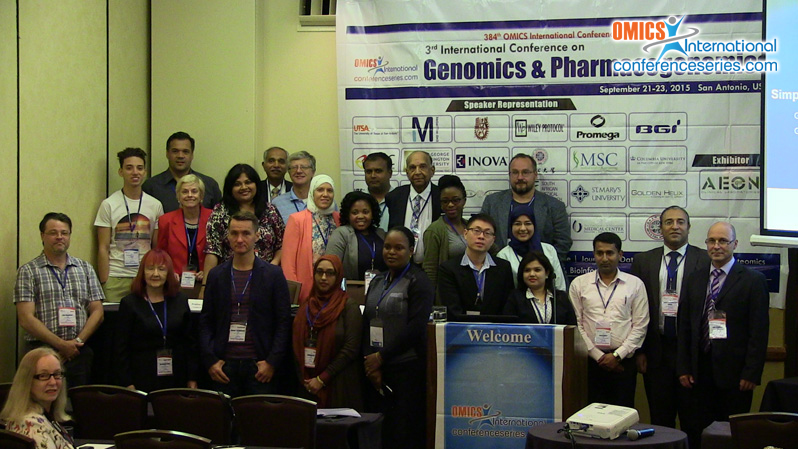
Wenju Wang
Yan’an Hospital of Kunming City, China
Title: Investigation of proliferation and cytotoxicity capacity of cytokine-induced killer cells: Omics strategy
Biography
Biography: Wenju Wang
Abstract
Clinical trials of Cytokine-Induced Killer (CIK) cells based immunotherapy against cancer are widely performed in China. However, the mechanism of CIK cell proliferation and acquisition of cytolytic function against tumor have not been well elucidated yet. We compared the proliferation and tumor toxic capacity between CIKIL-2 and CIKIL-15. By employing microarray, we analyzed miRNA expression profi les of PBMCs, CIKIL-2 and CIKIL-15. Moreover, RNA-seq was performed to identify diff erentially expressed genes between CIKIL-2 and CIKIL-15. Th e results indicated that CIKIL-15 showed improved cell proliferation capacity compared to CIKIL-2. However, CIKIL-2 has exhibited greater tumor cytotoxic eff ect than CIKIL-15. Bioinformatic analysis indicated that miR-143-3p/miR-145-5p was miRNA cluster which may positively regulated cell proliferation. In contrast, miR-340-5p/miR- 340-3p cluster may negatively regulate cell proliferation via induction apoptosis, which may cause decreased cell proliferation capacity of CIKIL-2. Importantly, we found that repressed miR-193a-5p may regulate the expressions of inhibitory receptor KLRD1 which may restrict cytotoxic function of CIK. Employing deep sequencing, a total of 374 diff erentially expressed genes (DEGs) were identifi ed. Among DEGs in CIKIL-15, Wnt signaling and cell adhesion were signifi cant GO terms and pathways which related with their functions. In CIKIL-2, type I interferon signaling and cytokine-cytokine receptor interaction were signifi cant GO terms and pathways. We found that inhibitory signal from interaction between CTLA4 and CD80 may be responsible for the weak proliferation capacity of CIKIL-2. Our fi ndings have provided new insights into mechanisms of CIK cells production and tumor cytotoxic function.





